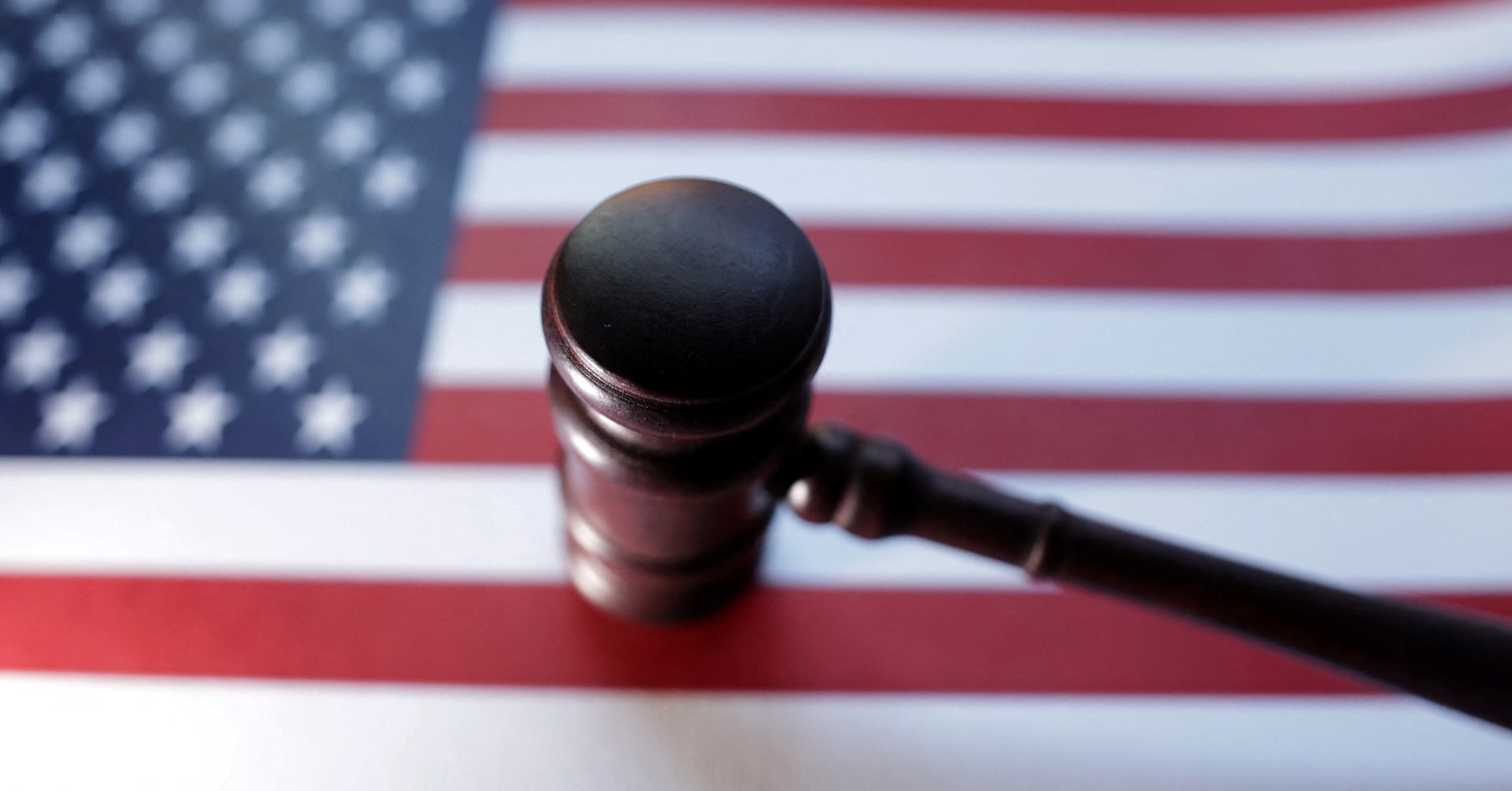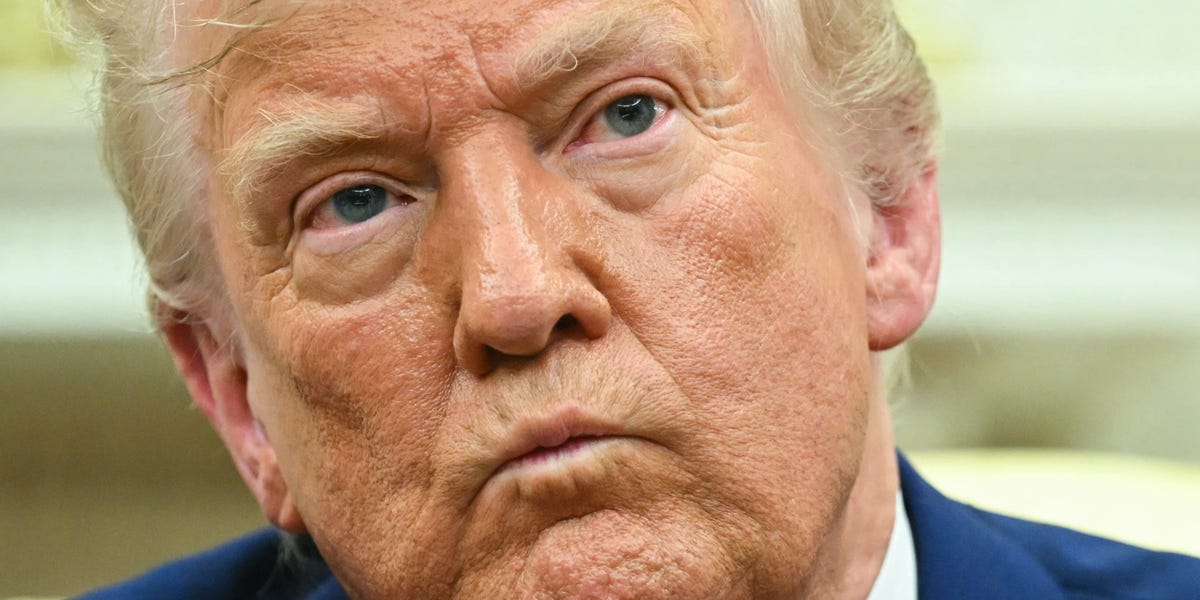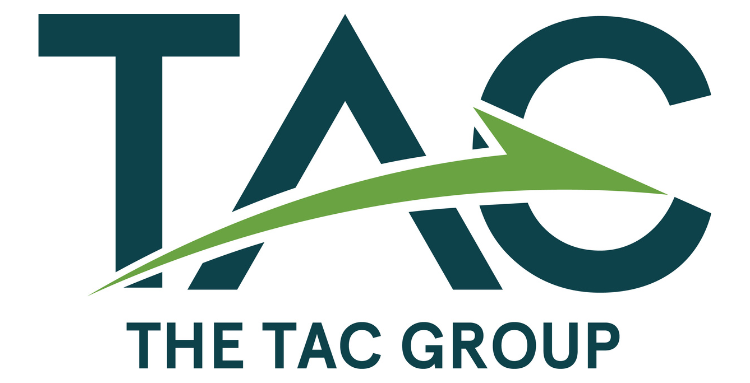Trump's Agency Shutdown Blocked: Court Delivers Decisive Blow to Presidential Power Grab

In a significant legal victory for government-funded institutions, a U.S. appeals court has upheld a judicial decision blocking the Trump administration's attempts to dismantle critical federal agencies. The ruling preserves funding and operations for essential services that support museums, libraries, labor dispute resolution, and minority-owned businesses.
The court's decision maintains the temporary injunction, preventing the administration from taking steps that could potentially disrupt vital public and cultural services. This ruling represents a crucial safeguard for organizations that play pivotal roles in supporting community development, cultural preservation, and economic opportunity.
By keeping the existing judicial block in place, the appeals court has effectively halted the administration's efforts to defund or eliminate these important federal agencies, ensuring continued support for a wide range of critical public services and economic initiatives.








